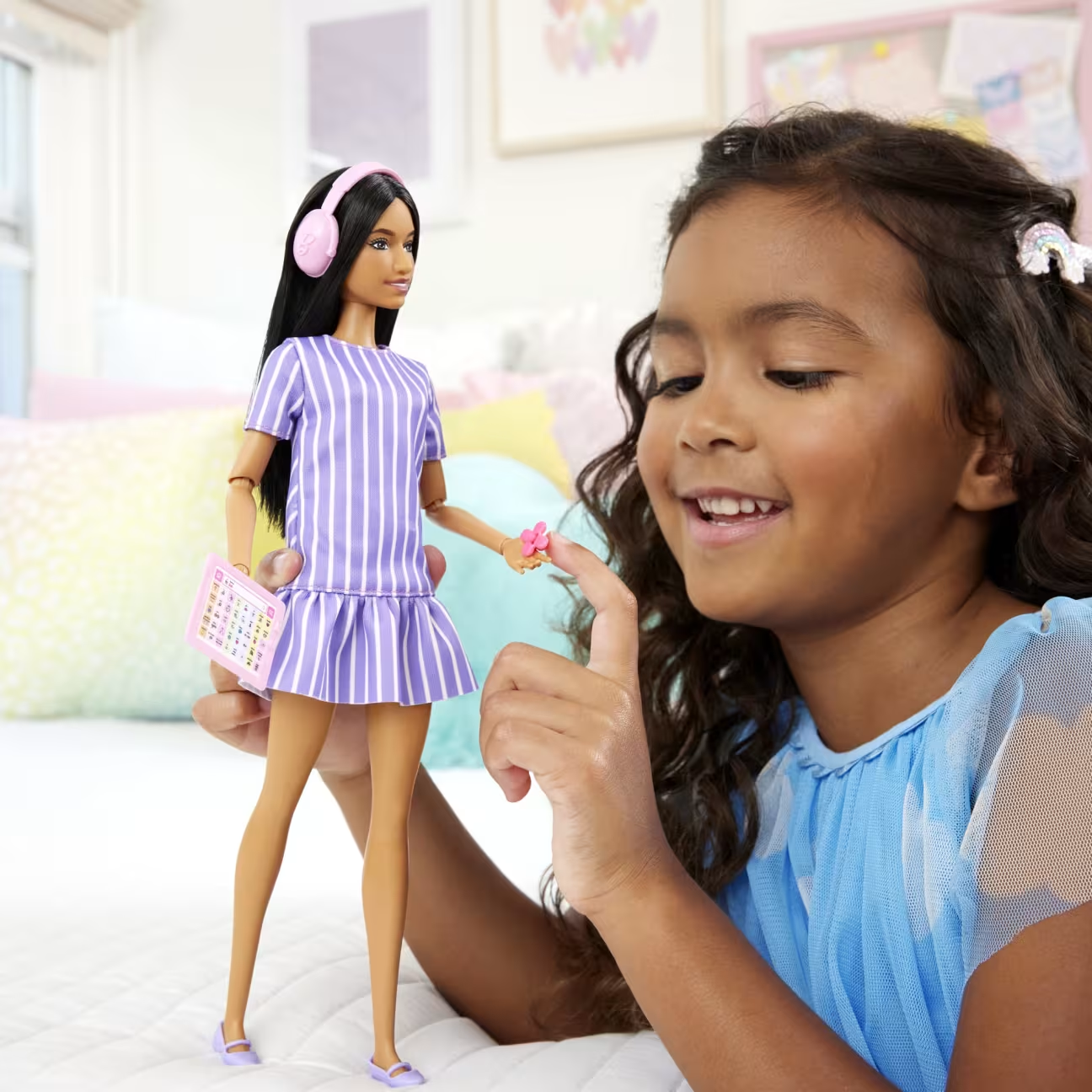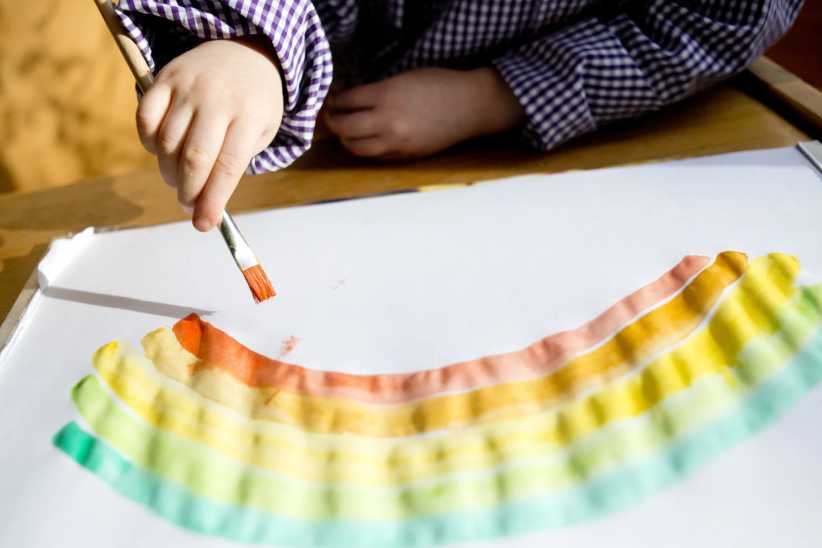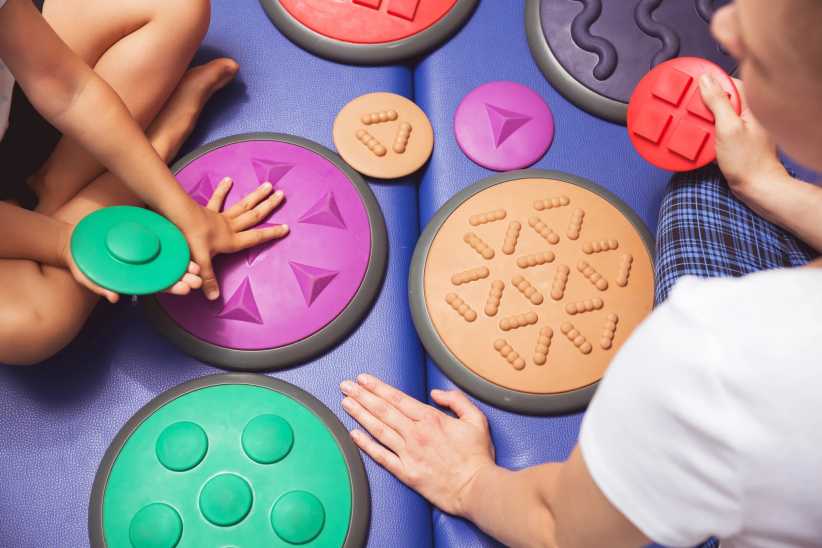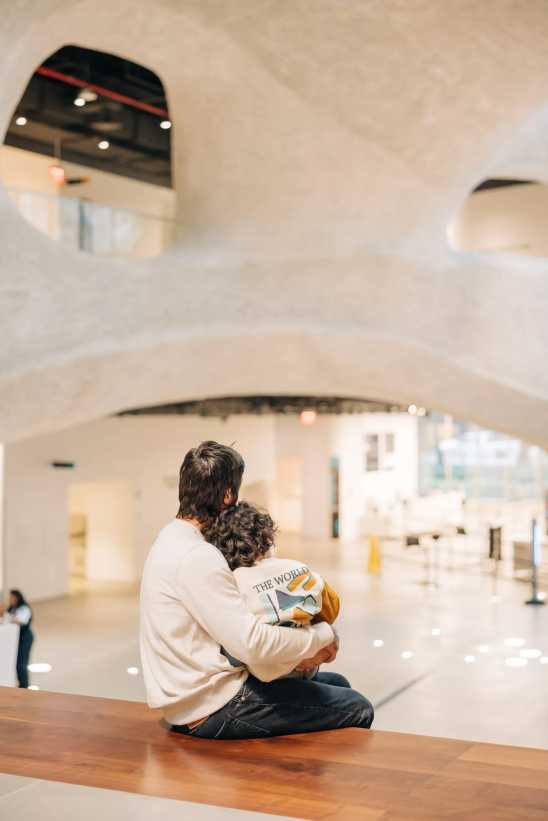When you interact with a parent whose child has type-1 diabetes, even when your intentions come from the right place, your comments may be hurtful. Your confusion is understandable, as this is a complex disease, and it is different than the type-2 diabetes that is commonly discussed in the media.
To help the conversation flow smoothly when you encounter someone parenting a child with type-1 diabetes, follow the suggestions below:
Do not ask how the child got diabetes
He did not get diabetes from eating too much candy. In many cases there is not even a family history of diabetes.
“These comments hurt, because part of the initial adjustment involved convincing myself that I had not done anything wrong, deliberately, karmically, or genetically that resulted in Max having diabetes,” says Michelle MacPhee. “We have found the blame game to be useless in diabetes and in life.”
Do not ask if he will outgrow this
Unfortunately, this disease is sometimes called juvenile diabetes. The word “juvenile” implies that a person may outgrow the disease, but that is not possible with diabetes. Until a cure is found, a diagnosis of type-1 diabetes is a life sentence.
Please do not share your diabetes horror stories
The tales of your great aunt Betty and her blindness and amputations are terrifying to hear.
Every parent of a child with type-1 diabetes is well aware of the potential complications. We also know that thanks to advanced treatment options and good blood sugar control, these complications can be minimized or prevented.
Do not assume that an insulin pump is a near cure
The insulin pump is an amazing example of technology. It helps people with diabetes administer insulin, but contrary to popular myth, it does not replace a pancreas. The pump is a device that parents program and reprogram frequently. It is not surgically implanted below the skin but attached via a small tube that is relocated every few days. Children with an insulin pump still prick their fingers multiple times a day to check blood sugar.
Please do not comment on what my child is eating
Remember this is not the type of diabetes your great aunt Betty had when she had to “avoid sweets.” This presumptuousness annoys Tracy MacPherson, mom of an 8-year-old daughter with diabetes.
“We have people offer Marin junk food, then another jumps in and says she cannot have it, because she has diabetes.” Children with diabetes can eat anything you can eat, but they do need to balance that with insulin.
Do not assume the child misses fun things in life due to diabetes
Parents whose children have type-1 diabetes help them live normal, full lives. People with diabetes have climbed Mount Everest. MacPhee is encouraging her 6-year-old son Max to do whatever he wants despite diabetes.
“Diabetes changes the equation in that he has to work harder and plan better than other kids.”
Please do not suggest we try the latest ‘cure’
People with type-1 diabetes and the people who love them are emotionally invested in finding a cure. We follow the latest science, and some of us are actively participating in finding a medically sound cure.
Sue LeBreton is a health and wellness journalist. She has been caring for a child with diabetes for more than six years and programming an insulin pump, often in the middle of the night, for five years.













